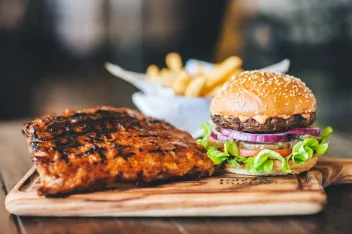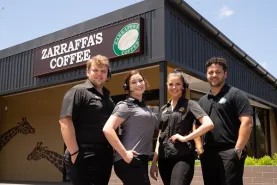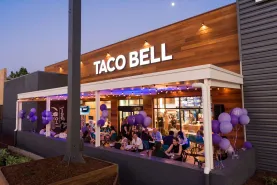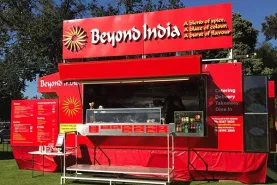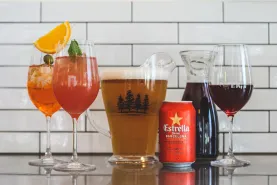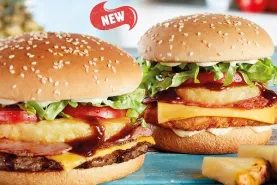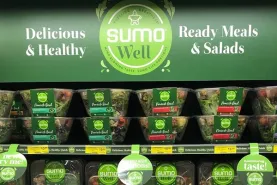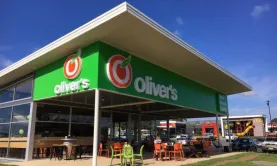Australia
Ribs & Burgers eyes Southeast Asian expansion
Ribs & Burgers eyes Southeast Asian expansion
The brand sees Singapore as a “good launchpad” for their regional entry.
Zarraffa's Coffee opens new drive-thru store in Townsville
The coffee chain is set to expand in NSW, WA and VIC for the next 24 months.
Restaurant Brands to open more Taco Bell stores in AU and NZ in the next five years
The company plans to have more than 60 sites by 2024. Restaurant Brands has announced that they have reached an agreement with Taco Bell Restaurants Asia to roll out the taco chain’s outlets across Australia and New Zealand in the next five years.
Domino's unveils supersized pizza
The pizza chain says 'The BIG ONE' is their largest pizza that they have ever made.
Building a 'house of wellness brands': the strategy behind the Sumo-THR1VE merger
The healthy fast food chain is targeting e-commerce to build the group.
Beyond India on finding the right kitchen equipment suitable for their mobile food trucks
Its owner worked with Comcater to find the best solution for his concept.
Belles Hot Chicken launches promotions on drinks and brunch
The chicken chain will run the new drinks promo all day on New Year’s Eve.
Bubba Pizza unveils Christmas-themed pizza
The 'Bubbamas' is available until January 5.
Mrs. Fields eyes sweeter franchisee profitability with expanded daypart strategy
The bakery café chain is also working on launching a range of high protein, healthy cookie offers.
Weekly Global News Wrap Up: Burger King USA's 1¢ Whopper deal ‘detours' customers away from McDonald's; Shake Shack's re-designed mobile app; Chipotle unveils Christmas tree made of their ingredients
Here is a summary of the most interesting QSR news stories of the week from around the world.
Social Media Wrap Up: Domino's CEO introduces their Garlic Bread Crust and Chicken Pieces; Pen-Pineapple-Pen Guy promotes Hungry Jack's new Summer BBQ Whopper; The Coffee Club's 12 Days of Giving
Find out what QSRs have been up to on social media this week.
Grill'd to launch new membership programme in February 2019
The chain is inviting customers to become its foundation members.
4FINGERS acquires Mex Out to boost Mad Mex's expansion in Singapore
Four Mad Mex stores will be in the island-nation by the first quarter of 2019.
Sumo enters grocery market with new retail range
They will also unveil another set of meals in early 2019.
Alan Lee steps down as Oliver's Real Food's CFO
Lee's resignation will be effective on 3 March, 2019.
Zarraffa's Coffee unveils their new Choc Honeycomb Fusion drink
The offering is a mix of espresso, chocolate and honeycomb.
McDonald's brings back the McRib
They also launched a new Frozen Fanta range that can create 36 flavour combinations.
